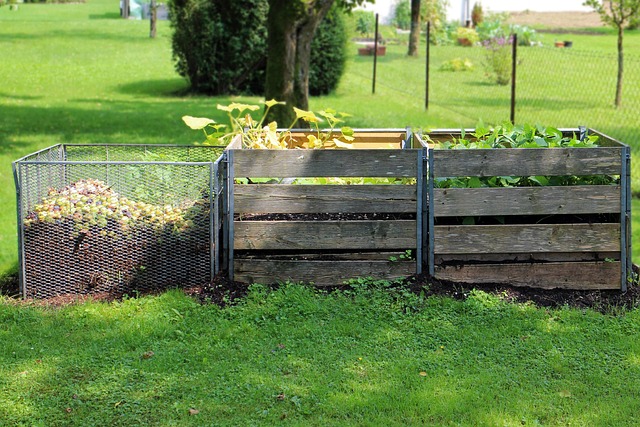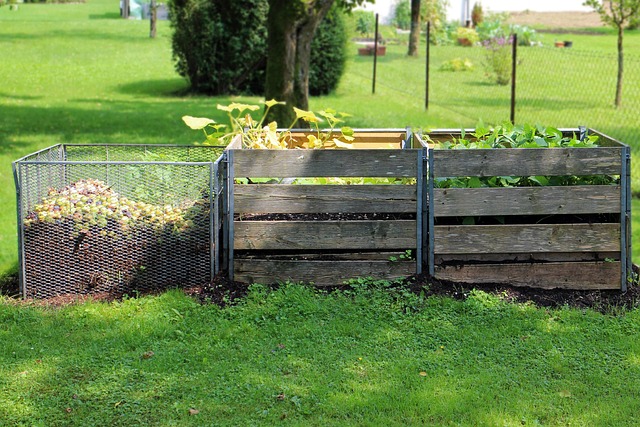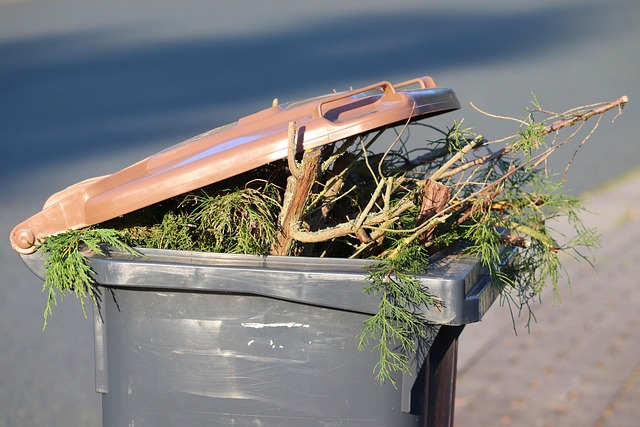In our fast-paced world, where the clamor of urban life often drowns out the whispers of nature, the role of every individual in safeguarding the environment cannot be overstressed. As we seek to make greener choices in our daily lives, gardening emerges as a peaceful yet powerful way to connect with nature. At the heart of environmentally friendly gardening practices lies an invaluable component—compost. Understanding the importance of compost is essential for any gardener who wishes to tread lightly on the Earth.
Composting is a natural process that transforms organic waste into a rich, nutrient-dense soil amendment. By recycling kitchen scraps like fruit peels, vegetable trimmings, and even yard waste such as leaves and grass clippings, we can create a sustainable cycle that supports plant growth while reducing landfill waste. Imagine turning your unwanted organic material into a treasure trove of nutrients that not only enhances soil structure but also boosts its fertility. The beauty of composting lies in its simplicity; it’s a hands-on practice that deepens our connection to the planet.
Gardening, when infused with eco-conscious practices like composting, becomes a symphony of growth and sustainability. Each handful of compost is a testament to the cycle of life—essentially, we are taking what once was waste and giving it new life. This method enriches the soil, ensuring that plants flourish while minimizing the need for chemical fertilizers that can harm the environment. By harnessing the power of compost, we cultivate not only vibrant gardens but also a healthier planet.
Furthermore, composting offers a remarkable opportunity to educate ourselves and others about the critical importance of reducing our carbon footprint. As compost decomposes, it emits fewer greenhouse gases compared to traditional waste disposal methods. This is a significant step in addressing climate change, as compost helps sequester carbon in the soil. By adopting composting practices, we align ourselves with the rhythms of nature, recognizing that we are custodians of the earth.
As we delve into the world of eco-friendly gardening, it becomes clear that compost is not merely an optional element; rather, it is a cornerstone that supports the entire ecosystem of our gardens. Each time we add compost to our soil, we’re encouraging beneficial microbes to thrive, improving soil aeration and water retention. This, in turn, leads to stronger plants that are naturally more resistant to pests and diseases. The benefits of composting ripple outwards, offering a sustainable path toward a greener future.
Another aspect of the importance of compost lies in its ability to foster a deeper relationship with the environment. The act of composting encourages mindfulness about what we consume and how we dispose of organic waste. It challenges us to think about our daily habits and promotes a lifestyle that values sustainability over convenience. By actively participating in the composting process, we cultivate a greater appreciation for the resources that nature provides, fostering a greener mindset that extends beyond the garden.
In every garden, whether sprawling or compact, compost holds the potential to transform. It serves as a powerful reminder that embracing nature’s cycles is not just an option but a necessity. As we nurture our plants with homemade compost, we are partaking in a greater movement—a collective effort toward restoring balance in our environment. With each seed we plant, let us also plant the seeds of sustainability through effective composting, ensuring that our gardens thrive now and for generations to come.



